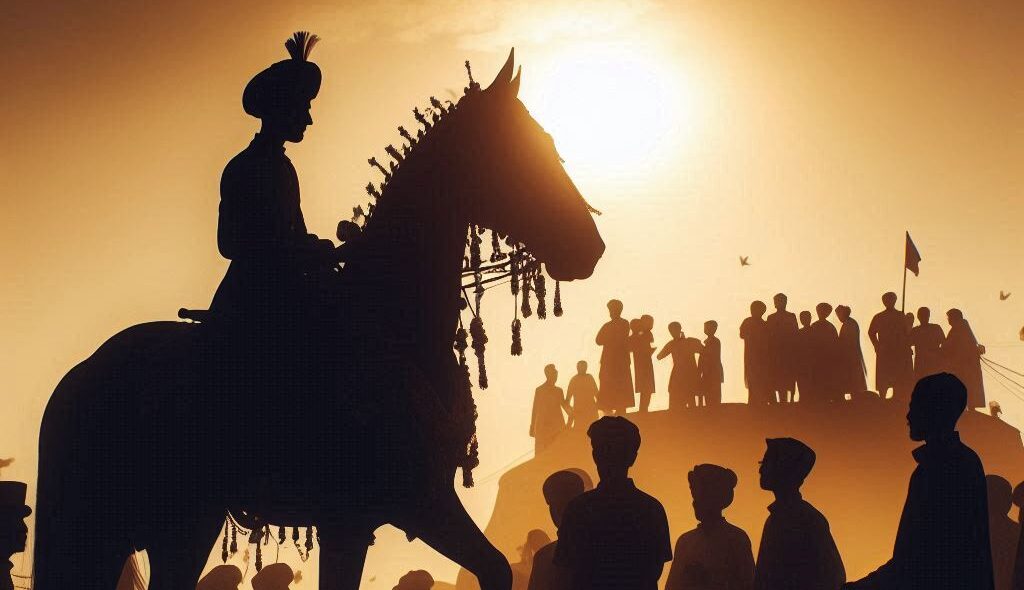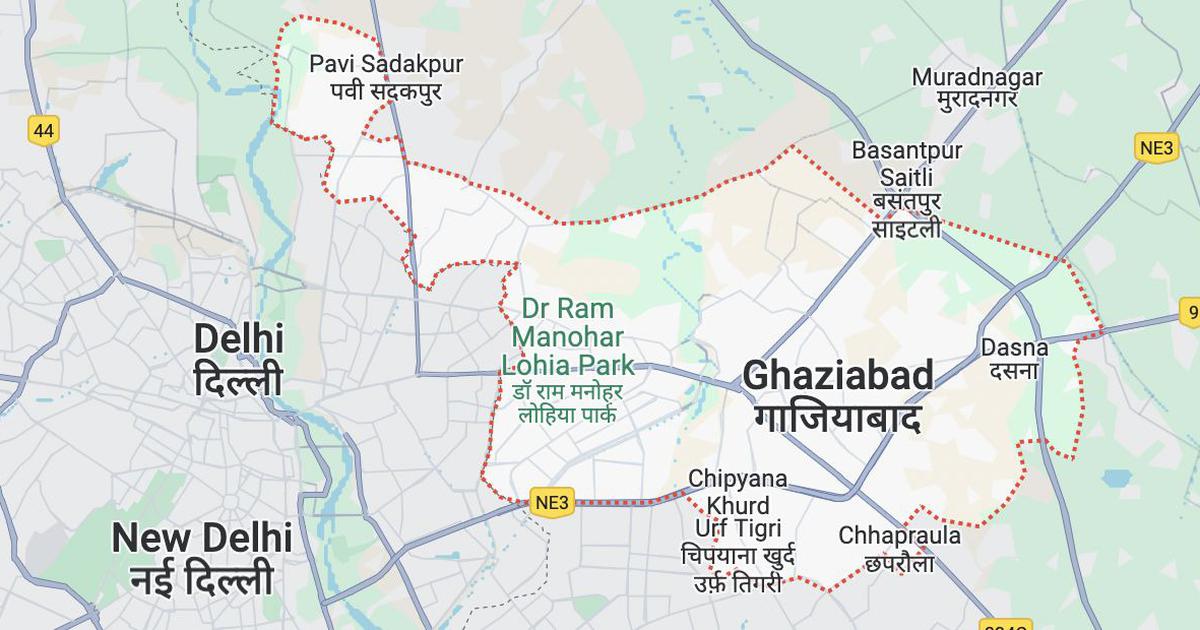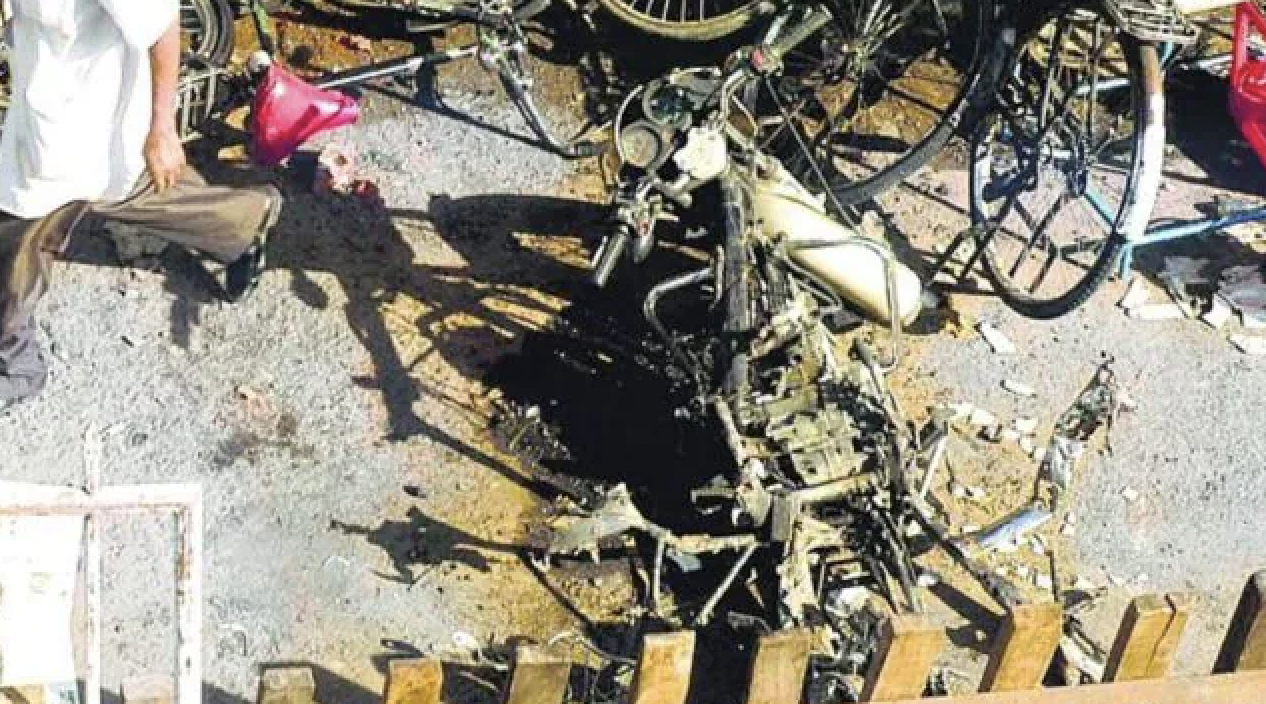
The Quint/Deeksha Malhotra
By PADMASHREE PANDE / The Quint
I was barely five years old when my mother and I visited my aunt in Maharashtra’s Nagpur, our hometown.
I distinctly remember crossing a coterie of men in khaki shorts, surrounded by police personnel, with several barricades leading towards a residential area called Mahal.
Curious, I asked my mother if something had happened, and she replied nonchalantly, “It’s just the Sangh building.”
This is how I first came to know about the Rashtriya Swayamsevak Sangh (RSS), an inescapable part of my family life. The men in khaki shorts were a part of the RSS, headquartered at Mahal, and such groups often randomly gather there.
Cut to 2022, when RSS chief, Mohan Bhagwat, gave his annual speech on Vijayadashami on 5 October, he said, “Our methodology of Vyakti Nirman is handled separately by the RSS and the Rashtra Sevika Samiti, but in all other aspects of work, both men and women have been working together, and this is a usual practice.”
Is it, though? I asked my aunt, who has served for years as a sevika (worker) at the RSS headquarters, and she said in Marathi, “Aamhi rangoli kaadhto, ground sazavto (We make rangoli, decorate the ground).”
And herein, lies my problem – the constant, blind perpetuation of gendered roles which add no weightage to the person performing it.
Bhagwat’s comment drew flak from the Opposition which called out the RSS for excluding women from its main functionary body.
Rajya Sabha MP and former Union minister Kapil Sibal responded to Bhagwat’s speech a day after, saying, “RSS Chief Bhagwat ji talks of “women’s equal participation in the work force…” I agree.. But walk the talk… First allow women in RSS Shakhas.. RSS stands for Rashtriya Swayamsevak Sangh.. “Nationalist volunteers” but Rashtriya Sevika Samiti denotes women who “serve,” why?”
Having access to several sevikas within my maternal family, and grown up listening to their stories, I reached out to some of the women to understand what their role in the organisation all these years has been.
‘Kept The Clothes Ready’
My mother, Vandana Pande, is the oldest amongst her siblings. “We all grew up around the RSS building. It was our neighbourhood,” she told me. Back in the ’60s, however, my maternal family’s financial situation was dismal.
“We didn’t have an iron for clothes. So, I used to carefully place my three younger brothers’ school and shakha uniforms under our mattresses before we slept. By the next morning, all the folds and creases would be smoothened out,” she said.
My uncles went to the shakha but my mother, and her sister, never did. “It wasn’t our place,” she added, matter-of-factly.
Many members of my mother’s family are still in Nagpur, and still very much involved with the RSS. My mother, however, drifted away years ago but the ideology has prevailed.
She has been indifferent to my stand, or my opposition to her ideology. It’s been a sore point in our familial relationship. However, it is a relief that my brother and I are on the same team and often find common ground in our grievances with our parents.
It was only when I left Nagpur to study journalism in Chennai that I realised how unaware I was. The time away from my family opened my eyes to the cruel realities of our society, and the role played by the RSS to divide the country on caste and religious grounds.
This story was originally published in thequint.com . Read the full story here






